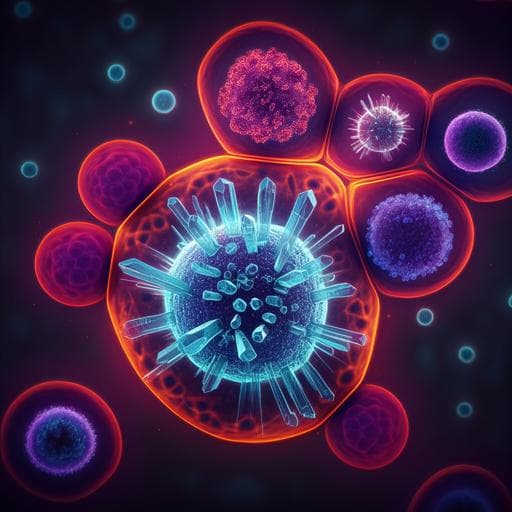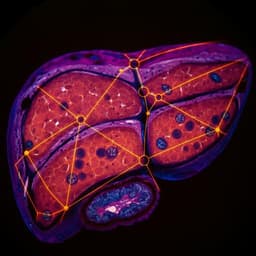
Medicine and Health
Rapid and stain-free quantification of viral plaque via lens-free holography and deep learning
T. Liu, Y. Li, et al.
This study by Tairan Liu and colleagues revolutionizes virology research with a stain-free plaque assay utilizing lens-free holographic imaging and deep learning, drastically reducing incubation times for important viruses like VSV, HSV-1, and EMCV. Discover how this innovative approach enhances clinical diagnostics and vaccine development!
Related Publications
Explore these studies to deepen your understanding of the subject.







